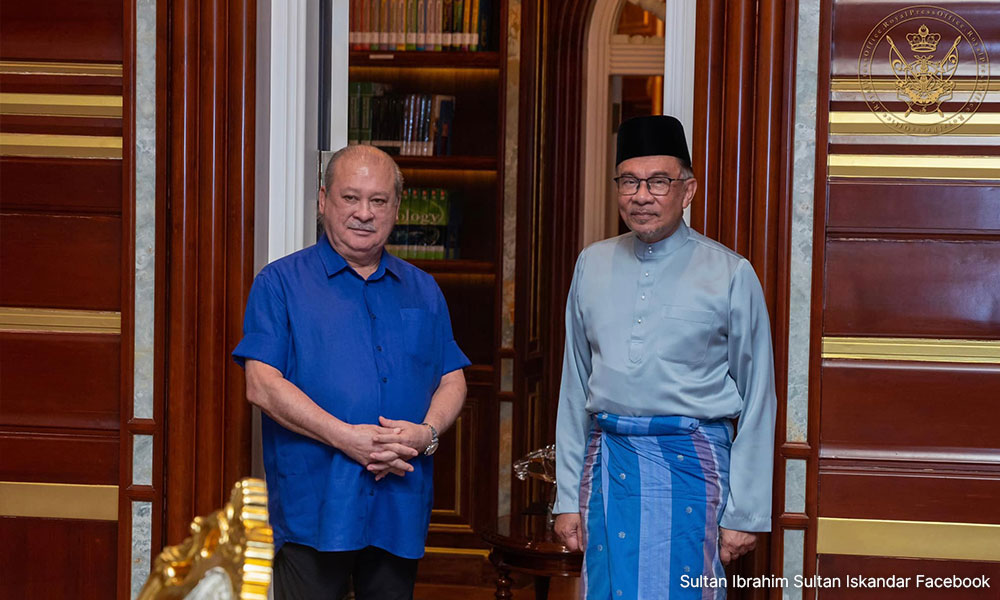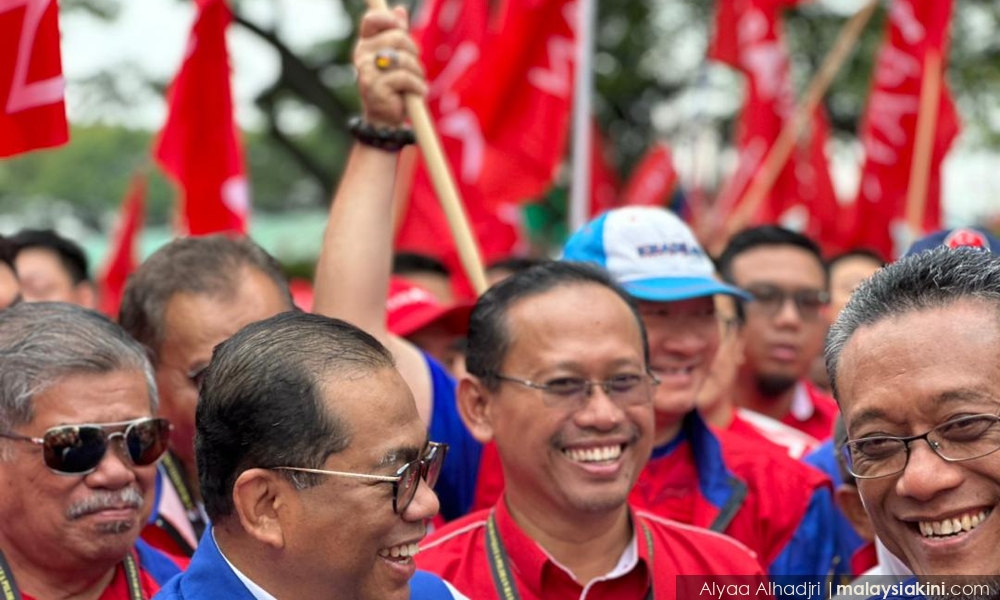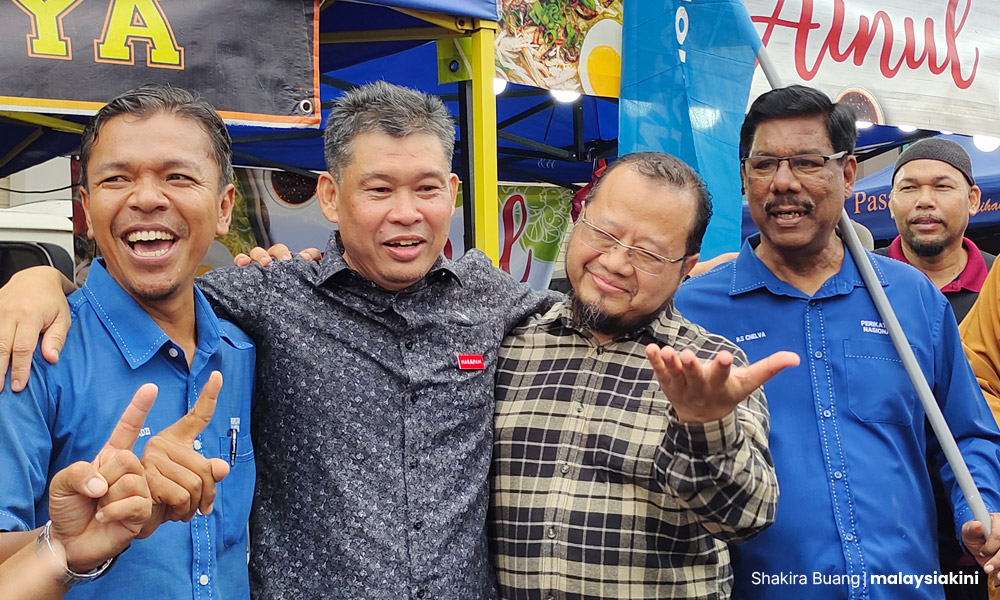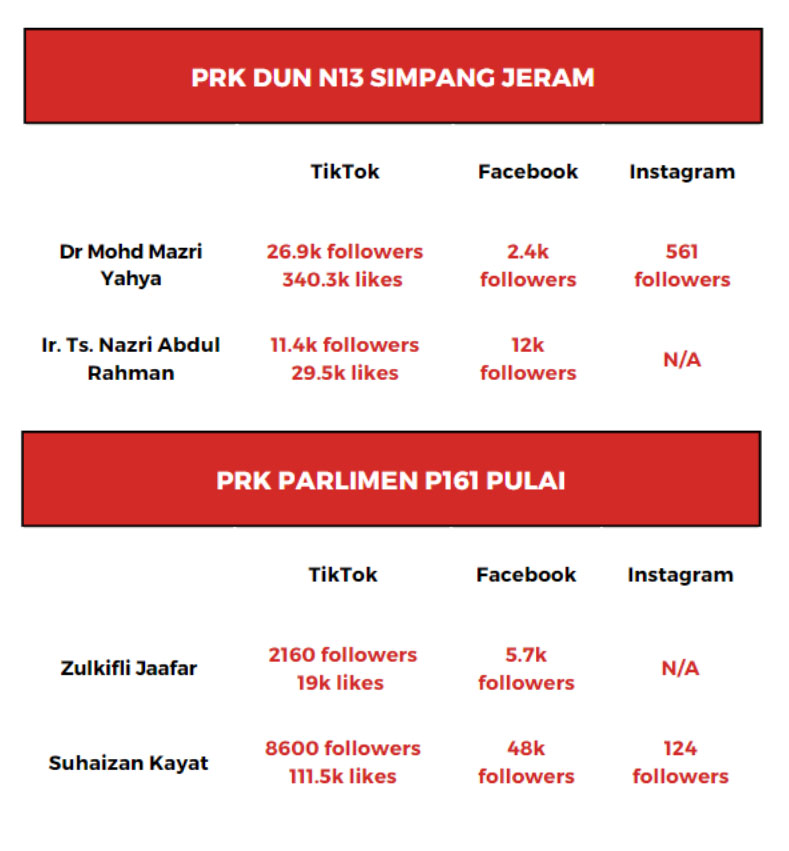COMMENT | “Re-fe-ren-dum!” The chanting from Perikatan Nasional, after the Kuala Lumpur High Court acquitted Muhyiddin Yassin of abuse of power charges, is a clear signal that the battle is not over yet.
With the Pulai and Simpang Jeram by-elections taking place tomorrow (Sept 9), we are still not yet out of the election season. For PN, the Pulai by-election is as important as the recent state elections. It is its second and final chance at a “national referendum”.
After a brutal and intense campaign in the state elections, the results were almost anti-climactic – with PN keeping three states and Pakatan Harapan keeping three states. It was status quo, just as most analysts predicted.
Penang remained comfortable for Harapan-BN, winning 29 out of 40 seats and keeping their supermajority. Harapan-BN did well to defend Selangor against the strong PN onslaught led by former menteri besar Azmin Ali – winning 34 out of 56 seats.
The surprise was Negeri Sembilan, where Harapan-BN not only kept control of the government, but they dominated with 31 out of 36 seats won. Negeri Sembilan bucked the trend of Malay voters abandoning Umno, with BN winning 14 out of 17 seats that they competed in.

Popular state leadership in Muhammad Sanusi Md Nor and Ahmad Samsuri Mokhtar helped PN dominate in Kedah and Terengganu respectively – winning 33 out of 36 seats in Kedah and all 32 seats in Terengganu. PAS Kelantan secured a commanding 43 out of 45 seats.
While Harapan failed to make inroads into PN-held states, the results were not too bad in the bigger picture. Harapan has managed to build trust with local BN leaders and maintain stability in Putrajaya.
For PN, it was more painful. The results mean that the PN “wave” is not as strong as PN leaders hoped it would be. And for certain BN MPs and leaders who are waiting for a signal to party hop and trigger by-elections, the green light never came.
Ten BN MPs signed statutory declarations to support Muhyiddin to be the prime minister after GE15. The MPs are Hishammuddin Hussein (Sembrong), Wee Ka Siong (Ayer Hitam), Hasni Mohammad (Simpang Renggam), Wee Jeck Seng (Tanjung Piai), Abdul Rahman Mohamad (Lipis), Arthur Joseph Kurup (Pensiangan), Adnan Abu Hassan (Kuala Pilah), Isam Isa (Tampin), M Saravanan (Tapah) and Jalaluddin Alias (Jelebu). Note that most are from Negeri Sembilan and Johor.
They have been stopped from crossing over by the anti-party hopping law, which means that they must follow the decisions of the BN chairperson Ahmad Zahid Hamidi. Should they leave their party, they will automatically be stripped of their positions as MPs and it will trigger by-elections.
But this does not mean party hopping is impossible; it has merely become more difficult. For these MPs, what they are looking for is the certainty that they will be able to regain their seats, should there be by-elections.
Umno supreme council member Lokman Noor Adam had claimed that there are seven “pengkhianat” (traitors) BN MPs who are watching the results of Pulai, Simpang Jeram and Pelangai closely, before they make a move. However, Zahid has dismissed the claim as mere rumours.
Another often overlooked factor is the influence of the Yang di-Pertuan Agong. The term of the current Yang di-Pertuan Agong Sultan Abdullah Sultan Ahmad Shah will end on Jan 30, 2024. The next king is Johor ruler, Sultan Ibrahim Sultan Iskandar.

Just a few days ago, Sultan Ibrahim said Prime Minister Anwar Ibrahim should be given more time to improve the country's economy.
There is no doubt that Johorean MPs will be paying attention to what their sultan is saying, especially when he becomes the Agong. The window of opportunity to topple the unity government in this so-called “national referendum” is small and shrinking fast.
Pulai will be difficult for PN with Malay voters consisting only 44 percent of the electorate. In GE15, Salahuddin Ayub (Harapan) won Pulai with 64,900 votes, followed by Nur Jazlan Mohamed (BN) with 31,724 votes and Loh Kah Yong (PN) with 20,677 votes.
PN has a better chance in Simpang Jeram. Simpang Jeram is a mixed seat, with a slight Malay majority (51 percent). In the Johor state election in 2022, Salahuddin Ayub (Harapan) won with 8,749 votes, followed by Zarul Salleh (PN) with 6,350 and Lokman Md Don with 6,062 votes.

However, both seats should be easy wins for Harapan – at least on paper. Collectively, BN and Haraan are dominant in Johor, winning 23 out of 26 parliamentary seats during GE15. A combination of their voter bases should blow PN out of the water.
The legacy of the late Salahuddin is an added advantage, with his popular Menu Rahmah initiative and Amanah’s long relationship with local communities in Pulai and Simpang Jeram.
After six previous losses in state and parliamentary elections, Pulai Harapan candidate Suhaizan Kayat should get his first electoral victory. His victory would mean that Harapan will maintain its two-thirds majority in Parliament.
However, instead of being a campaign about Salahuddin’s legacy, the last few days have been about one topic – Zahid's discharge not amounting to acquittal (DNAA) in the Yayasan Akalbudi case.
The Madani government could not have chosen a worse time to do this. The anger and disappointment among Harapan supporters are palpable, just days before a crucial by-election.

As I have argued in a previous article, PN’s rise is not a “Green Wave” – it is the Malay community’s rejection of Zahid. The recent announcement not only strengthens PN, but it might worsen the already low rate of vote transferability from BN voters to Harapan-BN candidates.
Some studies state that only about 55 percent of BN voters who voted for the coalition in GE15 still voted for the unity government candidates.
While Malay voters might opt for PN instead of Harapan-BN, non-Malay voters might opt to stay home, instead. In the recently concluded state elections, only 61 percent of Chinese voters in Selangor came out to vote, compared with 71 percent overall voter turnout rate.
In the Johor state election in 2022, voter turnout rate for Chinese was only 35.7 percent in Simpang Jeram and 38.3 percent in Pulai. This contributed to Harapan losses in winnable seats.
With over 47 percent of the voters in Simpang Jeram being non-Malay, there has been limited outreach by Harapan towards this segment. With many of these voters working or living outside Simpang Jeram, especially in Johor Bahru and Singapore, social media messaging to these voters is weak.
Indian voters are also being asked not to come out to vote as a protest against Anwar. The Indian vote in Pulai is at 12 percent, while Simpang Jeram has a smaller percentage of Indian voters at three percent. In a tight contest, these votes can be decisive.
On the other hand, electoral messaging to Malay voters has been intense. Continuing its strategy from GE15, PN is focused and dominating on TikTok. Dr Mohd Mazri Yahya, the PN candidate for Simpang Jeram, has received hundreds of thousands of views and positive engagement on his personal TikTok over the past two weeks.

PN even had Ustaz Azhar Idrus to do a youth outreach programme in Simpang Jeram.
To their credit, Harapan candidates, Suhaizan and Nazri Abdul Rahman, have done decently well in producing content and engaging voters on social media. However, a lot more needs to be done to boost and disseminate their message – but Harapan-BN cybertroopers are currently busy fire-fighting to defend Zahid’s DNAA.
Low voter motivation for Harapan-BN voters, high voter motivation for PN voters and significant voter transfer from BN voter to PN will be bad news for Harapan. There is a lot at stake this weekend for the Madani government.
THARMA PILLAI is the co-founder and advocacy director of Undi18. He is a concerned young Malaysian and is not affiliated with any political party.
The views expressed here are those of the author/contributor and do not necessarily represent the views of Malaysiakini.

